German hunting dog breeds have been developed over centuries to assist hunters in the field. These dogs are known for their intelligence, loyalty, and versatility. Germany, with its long history of hunting, has produced some of the world's finest hunting dog breeds.
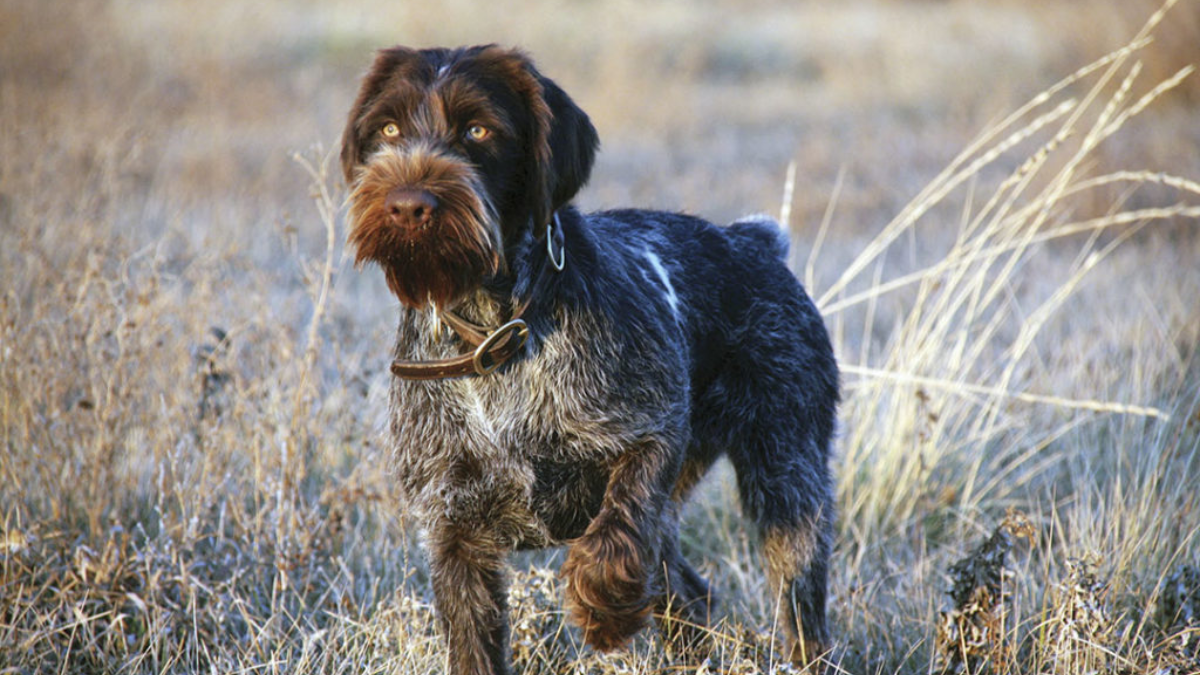
German hunting dog breeds are highly prized for their ability to track, point, and retrieve game. They are also known for their endurance, which allows them to work tirelessly in the field for hours on end. These dogs are trained to work closely with their human hunters, following commands and signals to locate and retrieve the game. With their keen sense of smell and exceptional hearing, these dogs are essential tools for any hunter in Germany and beyond.
Some of the most popular German hunting dog breeds include the German Shorthaired Pointer, the Weimaraner, and the German Wirehaired Pointer. Each of these breeds has its unique characteristics and strengths, but all are highly valued for their hunting abilities. Whether you are a seasoned hunter or just starting, a German hunting dog breed may be the perfect companion for you in the field.
History and Origin of German Hunting Dogs
German hunting dogs are a diverse group of dog breeds that have been selectively bred for their exceptional hunting abilities. These breeds have a rich history that dates back to the Middle Ages when they were used for hunting games such as wild boar, deer, and foxes.
Development of Breeds Post-World War II
After World War II, many of the German hunting dog breeds were on the verge of extinction due to the destruction caused by the war. However, with the help of dedicated breeders, these breeds were able to make a comeback.
The German Wirehaired Pointer, for example, was developed in the late 19th century and was nearly extinct after World War II. However, dedicated breeders were able to revive the breed, and it is now one of the most popular hunting dogs in Germany.
Influence of Hunting Culture on Breeding
The hunting culture in Germany has had a significant influence on the breeding of German hunting dogs. These dogs are bred to have a strong prey drive, exceptional scenting abilities, and a willingness to work closely with their human handlers.

One of the most popular German hunting dogs is the Dachshund, which was originally bred for hunting badgers and other small game. The breed's long, narrow body and short legs make it ideal for hunting in burrows and tight spaces.
Overall, the history and origin of German hunting dogs are a testament to the dedication and skill of breeders who have worked tirelessly to preserve these exceptional breeds. Today, German hunting dogs are among the most popular and respected hunting dogs in the world.
Characteristics of German Hunting Dogs
German hunting dogs are known for their exceptional abilities in the field. These dogs have been bred for centuries to perform various tasks such as tracking, flushing, and retrieving game. In this section, we will discuss the physical traits and appearance, temperament and personalities, and intelligence and trainability of German hunting dogs.
Physical Traits and Appearance
German hunting dogs are medium to large-sized dogs with muscular bodies and strong bones. They have a short, dense coat that protects them from harsh weather conditions. Most German hunting dogs have a distinctive brown and black coat, although there are some color variations.
These dogs have long, drooping ears that help them pick up scents in the air. They also have a powerful sense of smell, which is essential for their hunting abilities. German hunting dogs have a friendly and intelligent expression, which makes them a popular choice as family pets.
Temperament and Personalities
German hunting dogs are known for their calm and confident personalities. They are loyal and affectionate towards their owners and are excellent with children. These dogs are also protective of their families and make excellent watchdogs.
In the field, German hunting dogs are focused and determined. They have a strong prey drive and will work tirelessly to track down the game. However, they are also obedient and can be trained to work alongside their owners.
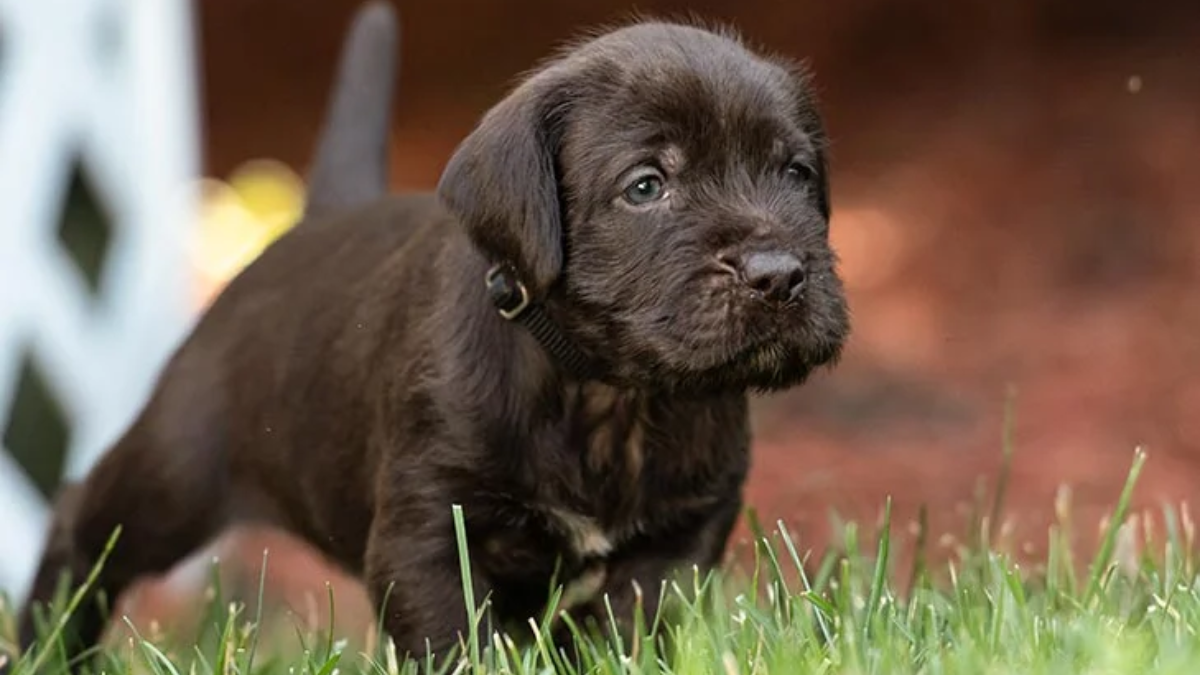
Intelligence and Trainability
German hunting dogs are highly intelligent and trainable. They are quick learners and respond well to positive reinforcement training methods. These dogs are also eager to please their owners, which makes them easy to train.
In addition to their hunting abilities, German hunting dogs excel in various dog sports such as obedience, agility, and tracking. They are also used as service dogs and have been trained to assist individuals with disabilities.
In conclusion, German hunting dogs are exceptional working dogs with a friendly and loyal personalities. They are highly trainable and excel in various tasks such as hunting, dog sports, and service work.
Popular German Hunting Dog Breeds
Germany is home to some of the world's most popular hunting dog breeds. German hunting dogs are highly prized for their intelligence, versatility, and loyalty. Here are some of the most popular German hunting dog breeds:
German Shorthaired Pointer
The German Shorthaired Pointer is one of the most popular hunting dog breeds in Germany. It is a versatile breed that can hunt on land and in water. German Shorthaired Pointers are known for their intelligence, athleticism, and loyalty. They are also great family dogs and make wonderful companions.
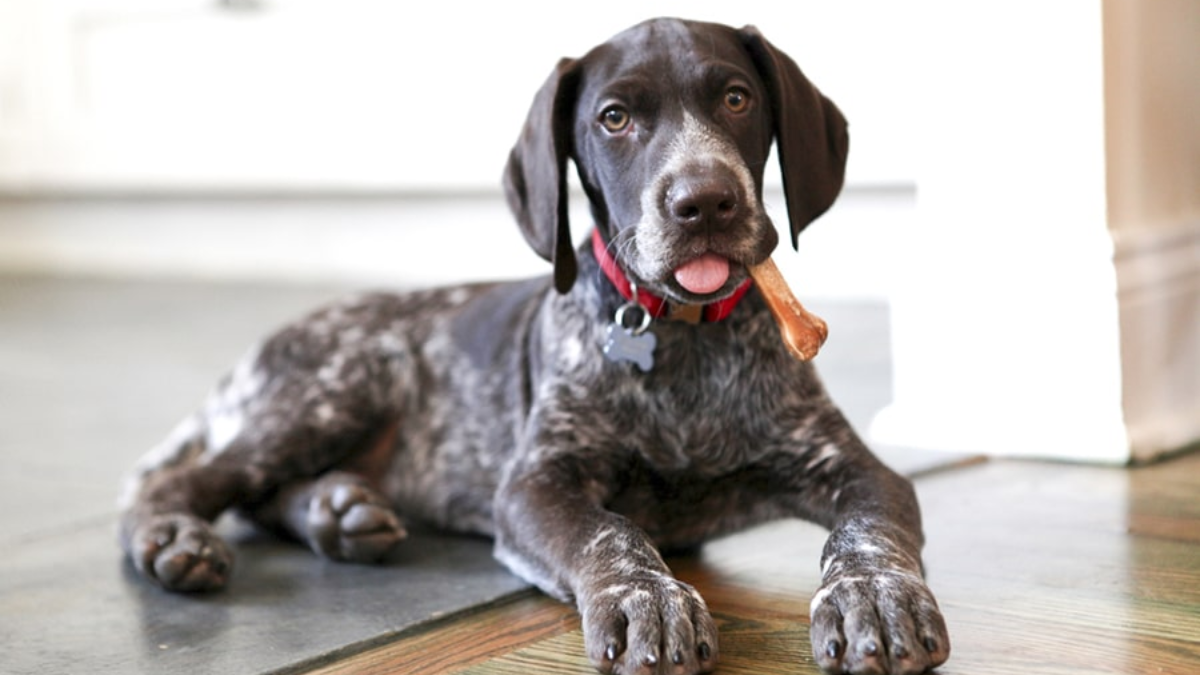
German Wirehaired Pointer
The German Wirehaired Pointer is a versatile hunting dog breed that is known for its intelligence and loyalty. This breed is highly prized for its ability to hunt in a variety of environments, including water and land. German Wirehaired Pointers are also great family dogs and make wonderful companions.
Weimaraner
The Weimaraner is a popular hunting dog breed that is known for its intelligence and loyalty. This breed is highly prized for its ability to hunt in a variety of environments, including water and land. Weimaraners are also great family dogs and make wonderful companions.
Dachshund
The Dachshund is a popular hunting dog breed that is known for its intelligence and loyalty. This breed is highly prized for its ability to hunt small game, such as rabbits and badgers. Dachshunds are also great family dogs and make wonderful companions.
Pudelpointer
The Pudelpointer is a versatile hunting dog breed that is known for its intelligence and loyalty. This breed is highly prized for its ability to hunt in a variety of environments, including water and land. Pudelpointers are also great family dogs and make wonderful companions.
In conclusion, German hunting dog breeds are highly prized for their intelligence, versatility, and loyalty. Whether you are looking for a hunting dog or a family companion, German hunting dog breeds are an excellent choice.
Training and Exercise Needs
German hunting dog breeds are known for their versatility, intelligence, and high energy levels. To keep these dogs happy and healthy, they require adequate training and exercise.
Hunting and Field Performance
German hunting dog breeds were originally developed for hunting purposes, and as such, they have a strong prey drive and a natural desire to hunt. To ensure that they perform well in the field, it is essential to provide them with specialized training. This includes teaching them basic commands such as "sit," "stay," and "come," as well as more advanced hunting techniques such as tracking, retrieving, and pointing.
Obedience and Socialization
While German hunting dog breeds are highly intelligent, they can also be independent and stubborn. Therefore, obedience training is crucial to ensure that they are well-behaved and responsive to commands. Socialization is also important to prevent any aggressive behavior towards other dogs or humans. Exposing them to different environments, people, and animals from an early age can help them become more confident and well-rounded.
Mental Stimulation and Enrichment
In addition to physical exercise, German hunting dog breeds require mental stimulation to keep their minds sharp and engaged. Activities such as puzzle toys, scent work, and obedience training can provide mental challenges that are both rewarding and stimulating. It is also important to provide them with plenty of opportunities to explore their environment and engage in natural behaviors such as digging and sniffing.
Overall, German hunting dog breeds require a combination of training, exercise, and mental stimulation to live happy and healthy lives. With proper care and attention, these dogs can be excellent companions for active individuals and families.
Health and Grooming
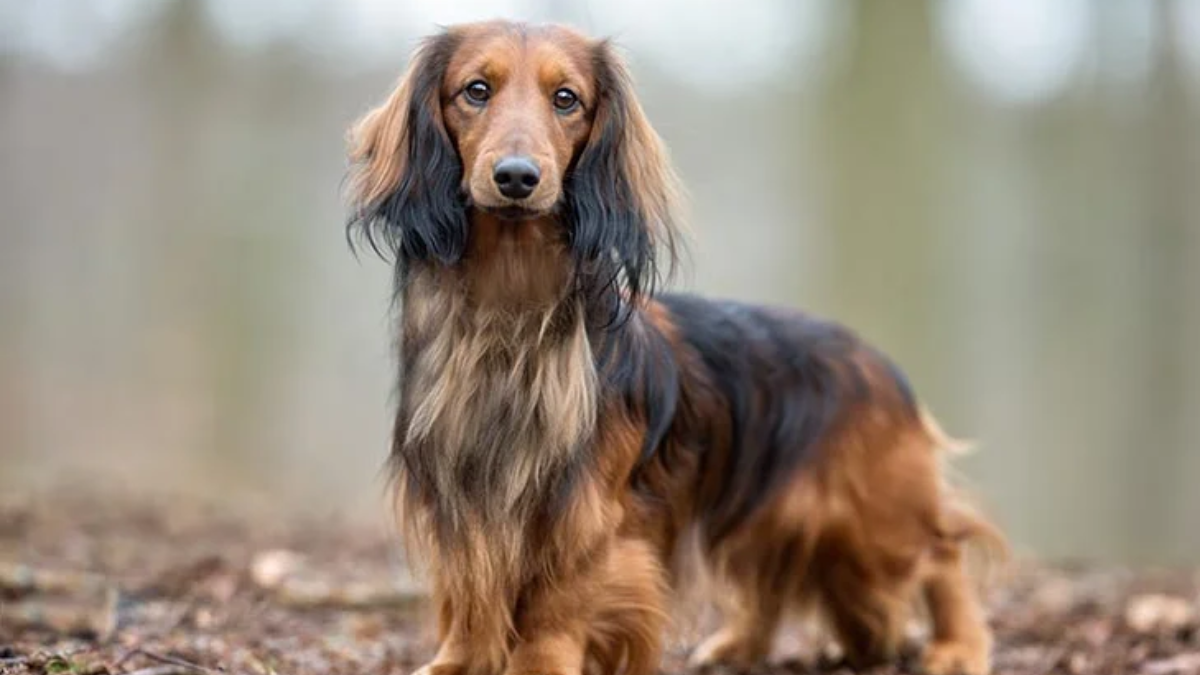
Common Health Issues
German hunting dog breeds are generally healthy dogs with a lifespan of 12-14 years. However, like all breeds, they are prone to certain health issues. Some of the most common health issues in German hunting dogs include hip dysplasia, ear infections, and allergies. Hip dysplasia is a genetic condition that affects the hip joint and can lead to arthritis and lameness. Ear infections can be caused by allergies, bacteria, or yeast and can be prevented by regular cleaning. Allergies can cause skin irritation, itching, and hot spots. It is important to monitor your German hunting dog for any signs of these health issues and to take them to the vet for regular check-ups.
Grooming Requirements for Wiry Coats
German hunting dogs have wiry coats that require regular grooming to maintain their appearance and health. The wiry coat is water-resistant and helps protect the dog from the elements, but it can also trap dirt and debris. To keep the coat clean and healthy, regular brushing is necessary. A slicker brush is recommended to remove loose hair and prevent matting. Bathing should be done only when necessary, as too much bathing can strip the coat of its natural oils. It is important to dry the coat thoroughly after bathing to prevent skin irritation. The wiry coat also requires regular trimming to maintain its shape and prevent matting. It is recommended to take your German hunting dog to a professional groomer every 4-6 months for a trim.
In conclusion, German hunting dog breeds are generally healthy dogs with a few common health issues to watch out for. Regular grooming is necessary to maintain the wiry coat and keep your dog looking and feeling their best. By following these grooming and health tips, you can help ensure a long and happy life for your German hunting dog.
Hunting Skills and Techniques
German hunting dog breeds are well-known for their exceptional hunting skills and techniques. These dogs have been bred for centuries to assist hunters in tracking, retrieving, pointing, and scent work. Here are some of the most important skills and techniques that German hunting dogs possess.

Tracking and Retrieving
One of the primary skills of German hunting dogs is tracking and retrieving. These dogs are trained to follow the scent of game animals and locate them in the field. They are also skilled at retrieving the game that has been shot by the hunter. This is especially important for waterfowl hunting, where the dog must be able to swim and retrieve birds from the water.
German hunting dogs are also known for their ability to track wounded game. They can follow a blood trail for miles, even in difficult terrain. This skill is essential for successful hunting and helps ensure that the animal is not lost or left to suffer.
Pointing and Scent Work
Another important skill of German hunting dogs is pointing and scent work. These dogs have a keen sense of smell and can detect the scent of game animals from a distance. They will then freeze and point in the direction of the animal, allowing the hunter to get into position for a shot.
German hunting dogs are also trained to work in a variety of environments, including forests, fields, and water. They can track game through thick brush, over rough terrain, and even in water. This versatility makes them valuable assets to any hunting party.
In conclusion, German hunting dogs are highly skilled and trained to perform a variety of hunting tasks. Whether tracking, retrieving, pointing, or scent work, these dogs are essential for successful hunting. Their abilities and instincts make them a valuable asset to any hunting party.
Breed Preservation and Organizations

Verein Deutsch Drahthaar (VDD)
The Verein Deutsch Drahthaar (VDD) is an organization dedicated to the breeding and preservation of the German Wirehaired Pointer (Deutsch Drahthaar) breed. The VDD was founded in 1902 and is one of the oldest and most respected organizations in Germany. It is responsible for ensuring that the breed standards and regulations are followed by breeders and kennels.
The VDD has a strict set of breeding regulations that all breeders must follow. These regulations ensure that the breed remains healthy and true to its original purpose as a versatile hunting dog. The VDD also provides training and testing for breeders and their dogs to ensure that they meet the organization's standards.
Breed Standards and Regulations
The German hunting dog breeds have strict breed standards and regulations that must be followed by breeders and kennels. These standards ensure that the breed remains healthy and true to its original purpose as a versatile hunting dog.
The breed standards cover everything from the dog's appearance to its temperament and hunting ability. Breeders and kennels must follow these standards to ensure that the breed remains true to its roots.
In addition to the breed standards, some regulations must be followed by breeders and kennels. These regulations cover everything from breeding practices to the health and welfare of the dogs. Breeders and kennels must follow these regulations to ensure that the dogs are healthy and well-cared for.
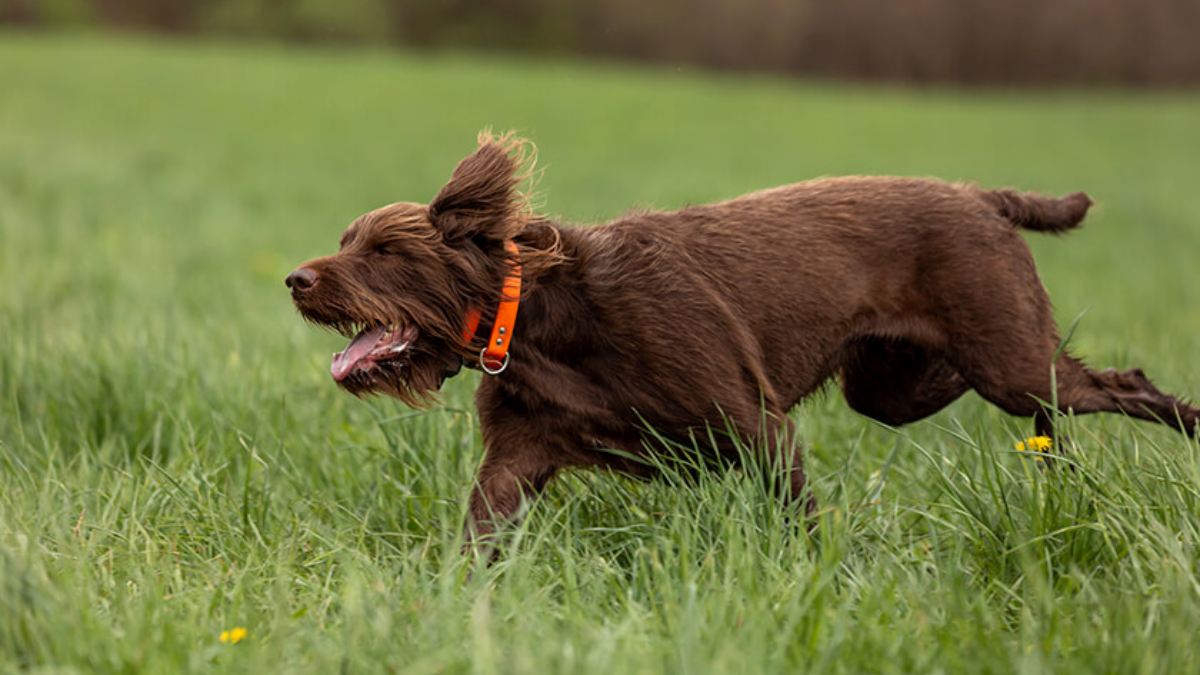
Overall, the Verein Deutsch Drahthaar and the breed standards and regulations ensure that the German hunting dog breeds remain healthy and true to their original purpose as versatile hunting dogs.
Conclusion:
In conclusion, "German Hunting Dog Breeds" stand out for their exceptional hunting abilities, steadfast temperament, and remarkable traits tailored for the field. Whether it's the versatile and determined German Shorthaired Pointer, the steadfast and loyal German Wirehaired Pointer, or the agile and tireless Weimaraner, each breed brings its unique set of skills to the hunting domain. Through their intelligence, athleticism, and unwavering dedication, these breeds have earned their reputation as some of the finest hunting companions.
Their versatility extends beyond hunting, as they often excel in various canine sports and make wonderful family pets due to their affectionate nature and loyalty. However, prospective owners need to understand the specific needs and requirements of each breed, ensuring a harmonious partnership and fulfilling companionship.
In the vast world of hunting dog breeds, German breeds undoubtedly hold a special place, revered for their heritage, work ethic, and adaptability. Whether as a skilled hunting partner or a cherished member of the family, German Hunting Dog Breeds continue to captivate hearts and impress with their unwavering dedication to the hunt and their human companions.
Frequently Asked Questions (FAQs)
- What are some uncommon German breeds used for hunting?
- While many people are familiar with popular German hunting breeds like the German Shorthaired Pointer and the Weimaraner, several lesser-known breeds are also used for hunting in Germany. These include the Bavarian Mountain Scent Hound, the Hanoverian Scent Hound, and the Small Munsterlander.
- Which German hunting dogs are known for their large size?
- The largest of the German hunting breeds is the Great Dane, which is often used for big game hunting. Other large German hunting breeds include the Large Munsterlander and the German Longhaired Pointer.
- Can you list some small-sized German breeds that excel in hunting?
- Despite their small size, several German dog breeds are known for their hunting abilities. These include the Dachshund, the Miniature Pinscher, and the Small Munsterlander.
- What are the German hunting dog breeds specialized in bird retrieval?
- Several German hunting breeds are specialized in bird retrieval, including the German Shorthaired Pointer, the Wirehaired Pointing Griffon, and the Pudelpointer.
- Which German hunting breeds are considered the top performers?
- The German Wirehaired Pointer and the German Shorthaired Pointer are considered two of the top-performing German hunting breeds. Both breeds are versatile and excel in a variety of hunting situations.
- Which German hunting dog breeds are characterized by having beards?
- The German hunting breeds that are characterized by having beards include the Bavarian Mountain Scent Hound, the Hanoverian Scent Hound, and the Large Munsterlander.




